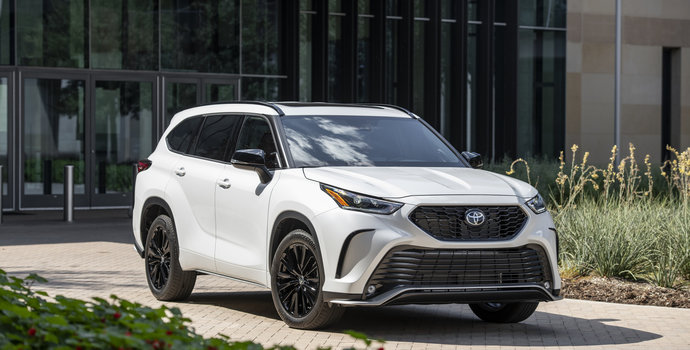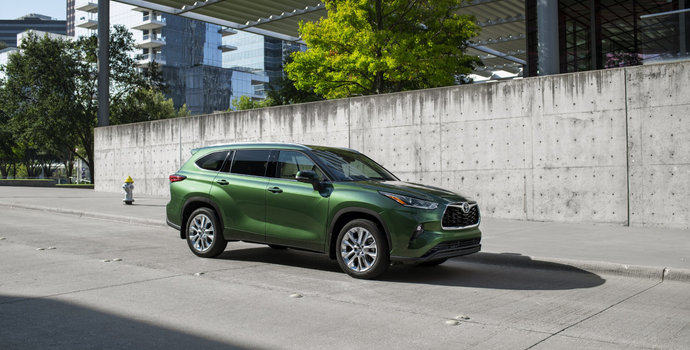It’s time for a new car. You had a good run with that old clunker, but it’s time for an upgrade. When you want to get rid of your old car and move into a new one, you have a few options.
First, decide if you are selling your car just to get rid of it, or if you’re selling it to make room for a new car. Second, decide if you want to handle the sale on your own privately, or if you want a dealership to handle the sale or trade-in process for you. Here you’ll find an overview of the benefits and use cases of both trading in your vehicle and selling it privately.
Trading In
If you intend on getting rid of your current vehicle to make room for a new car, there are many benefits to trading it in rather than selling it. Here are a few benefits of trading in a vehicle:
Time and Convenience
When you trade-in your vehicle with the dealership you plan on purchasing a new car from, the process is very simple. You bring in your car, and your dealer handles everything else! You won’t have to worry about supplying a safety certificate, emissions tests, or go through the hassle of trying to sell it privately. All you have to do is bring in your car to have it appraised. You can increase the value by cleaning and repairing any damage to the vehicle, but if you prefer not to bother with that, you can pass that cost and hassle off to the dealer.
Taxes
Trading in a vehicle is most beneficial if you plan on purchasing a new vehicle immediately. The value of your trade-in will be applied to the total price of the new car you wish to purchase, and you will only have to pay HST on the price difference. For example, if your new car costs $20,000, and your trade-in is valued at $10,000, you will only have to pay HST on the $10,000 difference.
Selling Privately
Selling privately has some benefits, especially if you do not plan on purchasing a new vehicle right away. When you sell your car privately, you will be responsible for the entire process, from advertising to talking with potential buyers, to negotiating price, to handling the title transfer. Here are some things to consider when selling privately.
More Money
When you sell your car privately, you will usually be able to make more money on your vehicle than if you were to trade in your car to a dealership.
More Work
When selling privately, you will be responsible for the entire transaction. To maximize the value of your vehicle, you’ll need to make any repairs to the vehicle as well as clean and detail as necessary. You will also be dealing directly with the buyers, replying to inquiries, arranging meetings, setting up test drives, and facilitating the title transfer, among other duties. There is a certain level of risk involved in selling privately as you’ll usually be dealing with complete strangers.
How To Decide
When deciding whether you want to trade in your vehicle or sell it privately, take some time to research your options and think about how involved you’d like to be in the process. If you don’t mind facilitating the entire process, and especially if you don’t plan on purchasing a new car right away, then you might prefer to sell privately. But, if you simply want to get rid of your car quickly, and get behind the wheel of that brand new car you’ve had your eye on, definitely consider trading in your vehicle at Georgetown Toyota.
If you have any questions about trading in your vehicle, feel free to call us at any time. One of our team members will be glad to answer any questions you have. If you’ve decided that trading in is the best choice for you and want to get the ball rolling, you can get started by using our quick and easy Trade-In Form.
You might also be interested in these blogs:






